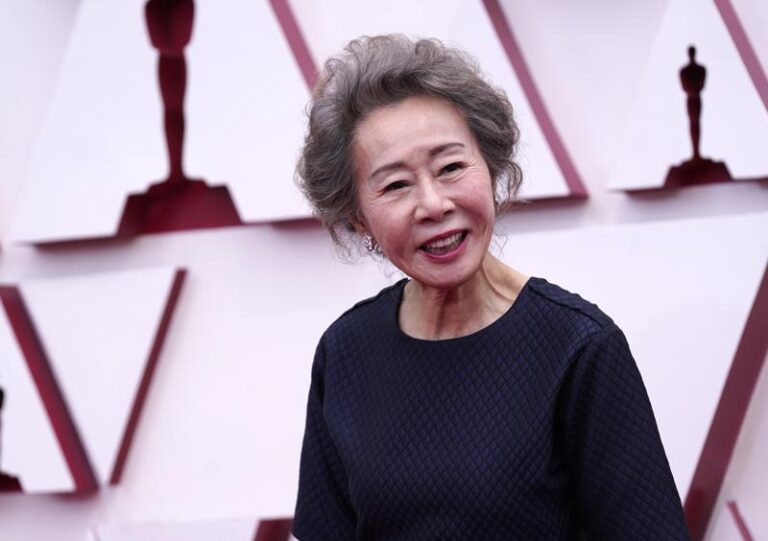
(AP)— At a socially distanced Oscar ceremony retooled for the pandemic, Chloé Zhao made history. The “Nomadland” filmmaker won best directo r on Sunday, becoming just the second woman in the 93 year of the Academy Awards to win the award and the first woman of color.
Only Kathryn Bigelow, 11 years ago for “The Hurt Locker,” had previously won the award. The win, widely expected, caps the extraordinary rise of the China-born Zhao, a lyrical filmmaker whose “Nomadland” is just her third feature. Her film, the favorite to win best picture, is a wistful open-road drama about itinerant life in the American West.
“I have always found goodness in the people I’ve met everywhere I went in the world,” said Zhao. “This is for anyone who has the faith and the courage to hold on to the goodness in themselves and to hold on the goodness in other no matter how difficult it is to do that.”
The 93rd Academy Awards, the most ambitious award show held during the pandemic, rolled out a red carpet and restored some glamour to the nearly century-old movie institution, but with a radically transformed — and in some ways downsized — telecast.
The ceremony — fashioned as a movie of its own — kicked off with opening credits and a slinky Regina King entrance, as the camera followed the actress and “One Night in Miami” director in one take as she strode with an Oscar in hand into Los Angeles’ Union Station and onto the stage. Inside the transit hub (trains were still running), nominees sat at cozy, lamp-lit tables around an intimate amphitheater.
Daniel Kaluuya won best supporting actor for “Judas and the Black Messiah.” The win for the 32-year-old British actor who was previously nominated for “Get Out,” was widely expected. Kaluuya won for his fiery performance as the Black Panther leader Fred Hampton, whom Kaluuya thanked for showing him “how to love myself.”
“You’ve got to celebrate life, man. We’re breathing. We’re walking. It’s incredible. My mum met my dad, they had sex. It’s amazing. I’m here. I’m so happy to be alive,” said Kaluuya while cameras caught his mother’s confused reaction.
With the awards capping a year of national reckoning on race and coming days after Minneapolis police officer Derek Chauvin was convicted for killing George Floyd, police brutality was on the minds of many attendees. King said that if the verdict had been different, she might have traded her heels for marching boots.
Travon Free, co-director of the live-action short winner “Two Perfect Strangers,” wore a suit jacket lined with the names of those killed by police. His film dramatizes police brutality as an inescapable time loop like a tragic “Groundhog’s Day” for Black Americans.
“Today, the police will kill three people. And tomorrow, the police will kill three people. And the day after that, the police will kill three people because on average, the police in America everyday kill three people, which amounts to about a thousand people a year,” said Free. “Those people happen to disproportionately be Black people.”
Years after the Academy Awards were harshly criticized as “OscarsSoWhite” — and after the film academy’s membership was greatly expanded in recent years — a historically diverse slate of nominees led to records in many categories.
Best supporting actress went to Yuh-Jung Youn for the matriarch of Lee Isaac Chung’s tender Korean-American family drama “Minari.” The 72-year-old Youn, a well-known actress in her native South Korea, is the first Asian actress to win an Oscar since 1957 and the second in history. She accepted the award from Brad Pitt, an executive producer on “Minari.” “Mr. Brad Pitt, finally,” said Youn. “Nice to meet you.”





